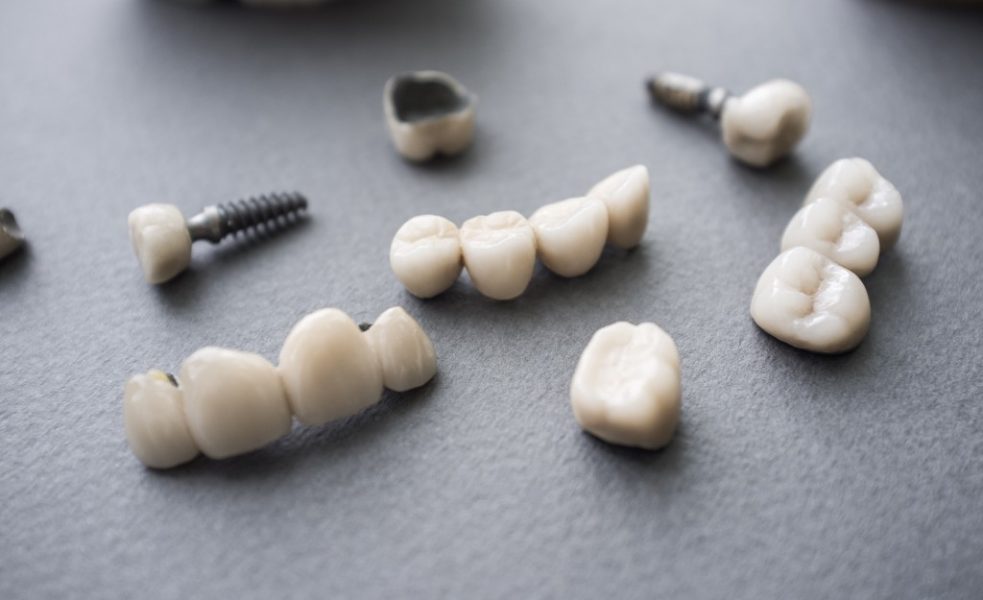Dental implants are an effective solution for tooth replacement, especially if the person prefers not to have a bridge or is unable or unwilling to wear dentures.
Dental implants are artificial roots attached directly to the jawbone and gum tissue, which will support replacement teeth that provide a more natural look compared to dentures.
Most implants are made from titanium or any other material that will not result in an adverse reaction when attached to the jawbone and gums. In order for a person to be a good candidate for dental implant surgery, they must have healthy gums and a fully developed jawbone to support the implants.
Dental implants replace the roots and the crowns of the teeth, helping prolong the life of the remaining teeth around them. Implants are stronger than natural teeth and dentures. They also don’t get cavities like natural teeth. However, just like natural teeth, dental implants need proper care and maintenance to ensure that they for last long time.
Oral care experts from Dental Implants Toronto agree that people who have undergone dental implant surgery should take care of their implants like they would care for their natural teeth.
Below are oral care tips that will help ensure dental implants last a lifetime:
Before Surgery
Careful preparation increases the chance of successful surgery. To prepare properly, the patient must tell the dentist if they’re taking any medication for medical conditions. In such case, the specialist may prescribe certain medication or lower the dose of anesthesia. The dentist may also prescribe antibiotics or painkillers prior to surgery to reduce discomfort and risk of infection.
After-Care

After dental implant surgery, it is natural to experience a bit of pain and discomfort. Minor bleeding, swelling on the face and gums, and bruising on the gums or the skin are to be expected after the procedure for the next couple of days. If any of these symptoms gets worse several days after the implants were placed, it is important to contact the dentist immediately.
The gums and the jawbone may take at least six weeks up to nine months to heal and adjust to the implants after surgery.
However, healing may be faster if the person will follow post-op instructions and if they will care for their implants long after they are fitted. Patients will be able to avoid infection, inflammation, or compromising the lifespan of their implants by following these guidelines:
- Regular brushing using a soft toothbrush, paying attention to hard-to-reach areas.
- Gentle flossing to remove food between teeth while preventing damage to the tooth, implant, and gums.
- Avoiding sticky, sweet, or hard food that may weaken the structure of the implant or surrounding natural teeth.
- Refraining from smoking or drinking alcohol, especially during the first six months, to avoid infection.
- Visiting the dentist regularly to check for any early signs of implant failure, like bone loss.
As mentioned before, caring for dental implants is similar to caring for natural teeth. Regular brushing and flossing coupled with healthy eating habits and regular visits to the dentist will help ensure implants are taken care of properly so they can last for years to come.



